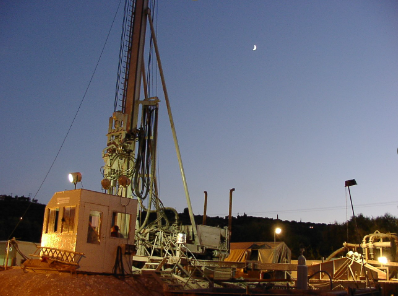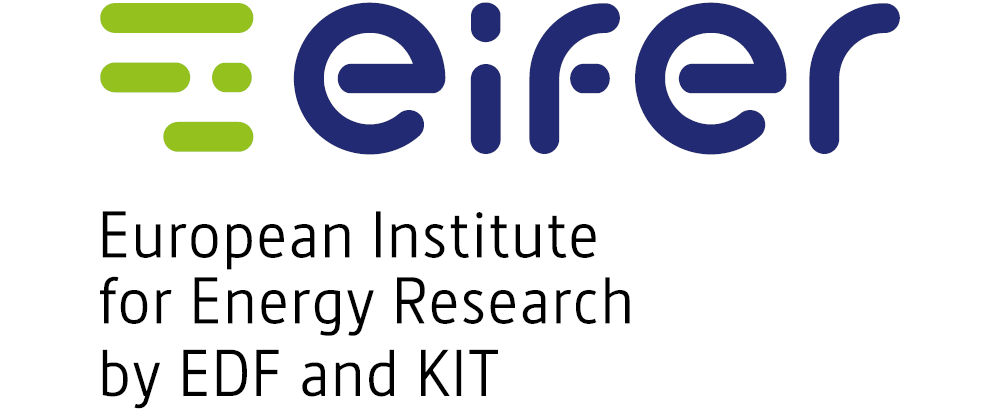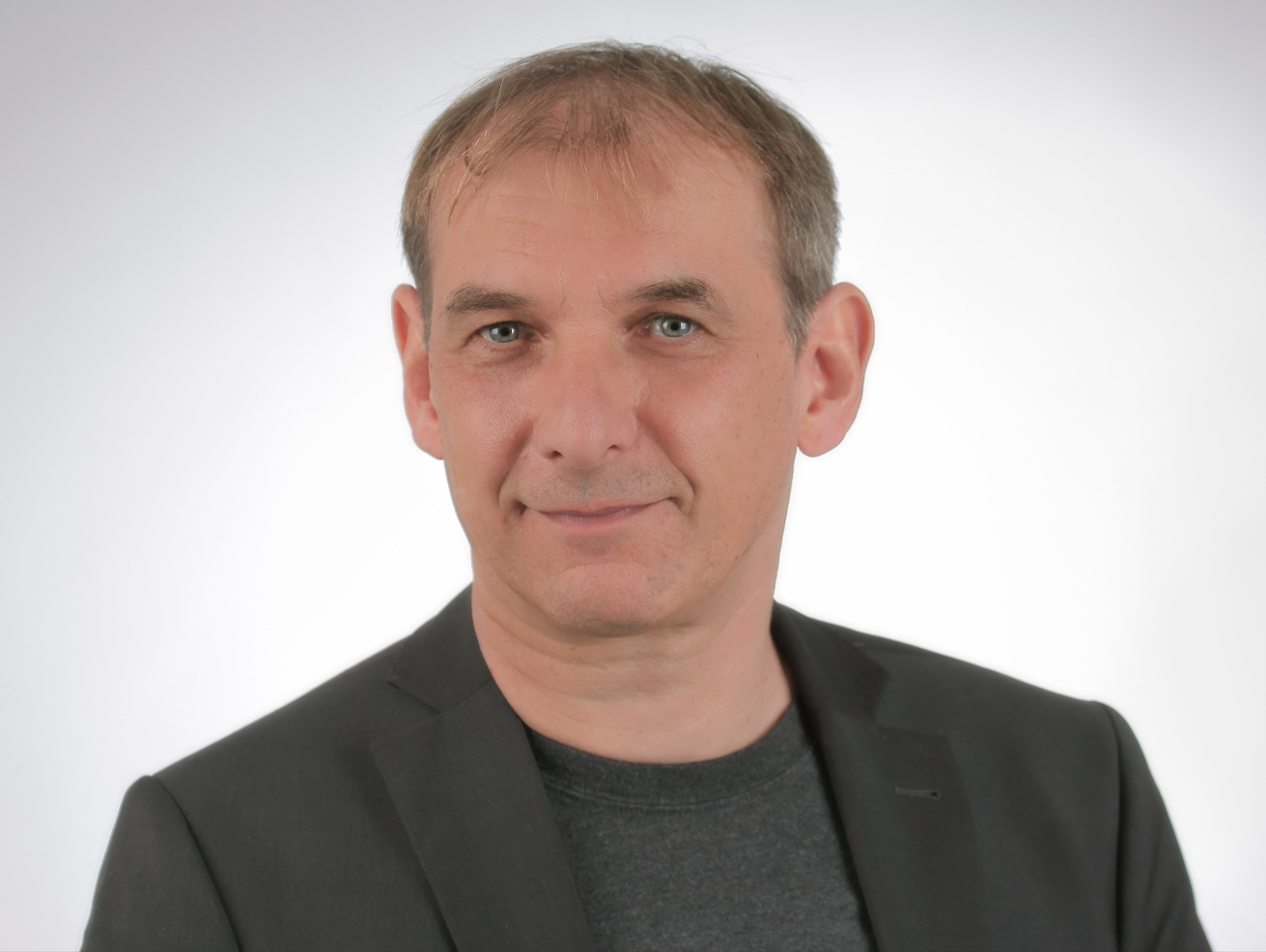Geothermal energy in Germany
How can geothermal energy contribute to the German energy transition?
Germany is aiming for a climate-neutral heat supply in existing buildings, in new constructions and in industrial processes to be reached by 2045.

Photo credits: Detlev Rettenmaier
By 2030, the production of climate-neutral heat should amount to 50% of the total heat production. Germany´s Coalition Agreement from 2021 states that geothermal energy usage should be further developed to contribute to this goal, given the security of supply and flexibility by heat storage that this form of energy provides.
What is geothermal energy?
Geothermal energy is heat stored at depth and can be used for electricity production, heating, cooling & mineral extraction, encompassing several different technologies.
While surface geothermal energy is already widely deployed with heat pumps, the potential of medium and deep geothermal energy has so far lacked a clear development strategy despite its potential to highly benefit from coupling with heating networks.
Key points paper for a geothermal energy campaign
Considering those objectives and specificities, the German Federal Ministry of Economics and Climate Protection (BMWK) has written a key points paper for a geothermal energy campaign.
The goal is to launch at least 100 new geothermal by 2030, which should make it possible to multiply by 10 the share of heat produced by geothermal energy in heating networks. The paper mainly addresses medium-depth and deep geothermal projects (depth > 400m).
The campaign will begin with an exploration period in order to identify regions having favorable conditions for the development of geothermal energy. Its outcome will be available to municipalities, key stakeholders and planners. Questions of safety and environmental protection will also be considered in the campaign.
Source: Germany’s Federal Ministry of Economics and Climate Protection (BMWK), please see the paper in German here.
EIFER´s expertise in geothermal energy
As Geothermal energy is gaining ground in Germany, EIFER has been contributing in finding new solutions for the energy transition.
The Geoscience-Lab is a joint collaboration laboratory with the KIT Institute for Applied Geoscience (KIT-AGW) and is located at KIT Campus South in Karlsruhe since 2008.
The overall philosophy of the lab is to share the whole infrastructure and instruments between EIFER and the AGW. The Lab is dedicated to geo-technologies with currently a special focus on geothermal energy.
Examples of Current Projects:
- GERDi (BMWi 2019 – 2022) Efficient recovery of damaged borehole heat exchanger.
- Program-Oriented Funding (Helmholtz Society, since 2015) Corrosion and Scaling in geothermal applications.
- FloodRisk (BMBF 2020 – 2023) Earthquakes, uplift, eternity loads – Minimizing of risks during flooding of mines.
For more information, please see here.
Expert insights – Dr. Detlev Rettenmaier from EIFER
In a podcast on Radionews Berlin, Dr. Detlev Rettenmaier explains how geothermal energy works and addresses the environmental aspects, the usage and development of geothermal energy.
“For me, the use of geothermal energy is environmentally friendly, and its potential has not yet been fully taken into use”, explains Dr. Detlev Rettenmaier.
He continues: “The benefit of using geothermal energy is that it is baseload energy, not dependent on other sources and can be used throughout the year.”
Dr. Detlev Rettenmaier, research fellow at EIFER
Please listen to the podcast (in two parts) in German below.

